
Agriculture and Crops
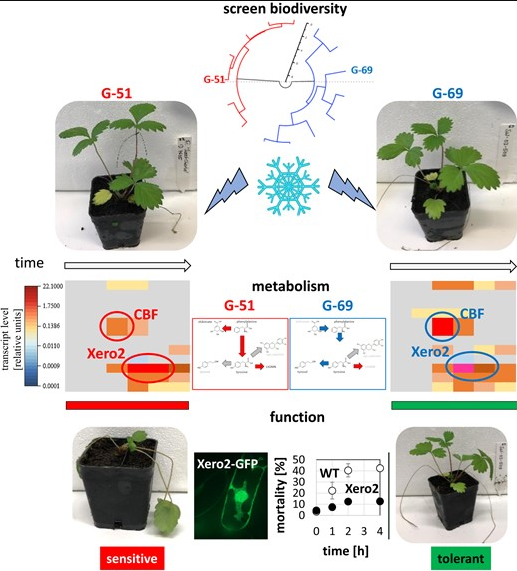
Cold tolerance of woodland strawberry (Fragaria vesca) is linked to Cold Box Factor 4 and the dehydrin Xero2
Domesticated strawberry is susceptible to sudden frost episodes, limiting the productivity of this cash crop in regions where they are grown during early spring. In contrast, the ancestral woodland strawberry (Fragaria vesca) has successfully colonized many habitats of the Northern Hemisphere. Thus, this species seems to harbour genetic factors promoting cold tolerance. Screening a germplasm established in the frame of the German Gene Bank for Crop Wild Relatives, we identified, among 70 wild accessions, a pair with contrasting cold tolerance. By following the physiological, biochemical
Unravelling the Functional Role of GthGAPC2 in Cotton's Defense Against Verticillium dahliae through Proteome
Cotton (Gossypium spp.) is an economically important crop, but its productivity is often hindered by the soil-borne pathogen Verticillium dahliae. This study aimed to investigate the response of cotton roots to V. dahliae infection by analysing the proteome of Gossypium thurberi (resistant) and Gossypium raimondii (susceptible) at 0 h, 24 h, and 48 h post-infection. Through weighted protein coexpression network analysis, fifteen hub proteins crucial for defense against V. dahliae were identified. Expression analysis revealed the pivotal role of GthGAPC2, encoding GLYCERALDEHYDE-3-PHOSPHATE
Genome-wide analysis and expression divergence of protein disulfide isomerase (PDI) gene family members in chickpea (Cicer arietinum) under salt stress
Chickpea (Cicer arietinum) is a grain crop that is an important source of protein, vitamins, carbohydrates and minerals. It is highly sensitive to salt stress, and salt damage to cellular homeostasis and protein folding affects production. Plants have several mechanisms to prevent cellular damages under abiotic stresses, such as proteins in the endoplasmic reticulum (protein isulfide somerases (PDIs) and PDI-like proteins), which help prevent the build-up of mis-folded proteins that are damaged under abiotic stresses. In this study, we completed initial comprehensive genome-wide analysis of
In silico analysis of the structural and functional characterization of the phosphorus-starvation tolerance 1 (PSTOL1) gene
As an important macro element for all living cells, phosphorus is essential in agricultural production systems and is required in large quantities by elite varieties of crops to maintain yields. Approximately 70% of the worldwide cultivated land suffers from phosphorous deficiency, and it has recently been estimated that the worldwide phosphorous resources will be shattered by the end of this century, thereby increasing the need to develop phosphorus-efficient crops. A greater understanding of how plants can maintain yield with lower phosphorous availability is highly desirable to both
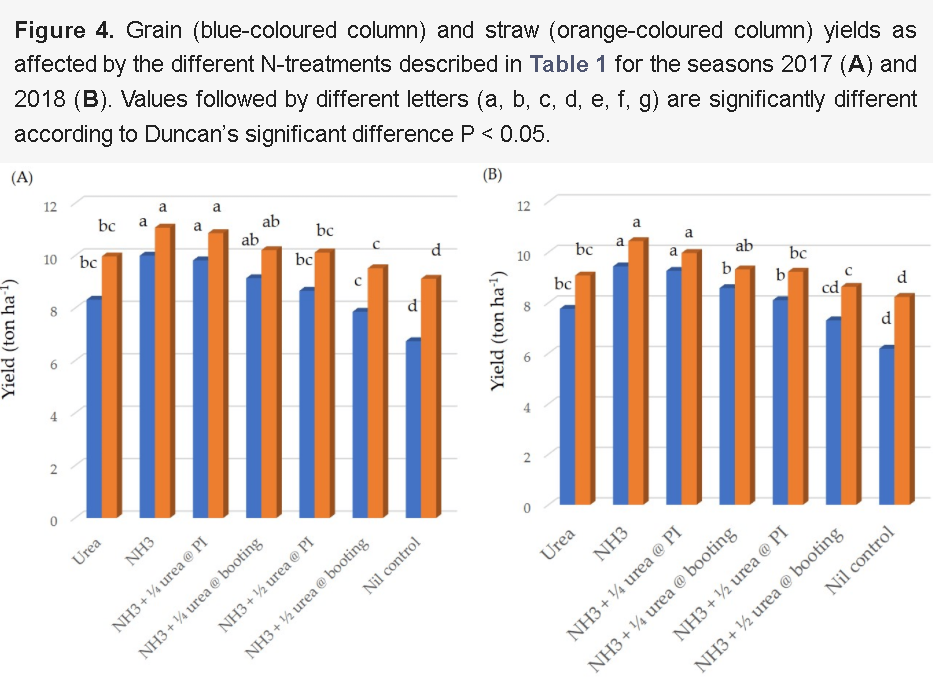
Injected Anhydrous Ammonia Is More Effective Than Broadcast Urea as a Source of Nitrogen for Drill Seeded Rice
Anhydrous ammonia is a cheaper source of nitrogen (N) fertiliser than granular urea for rice production, but it is not widely used in developing countries. It can only be applied pre-crop with any in-crop applications being applied in the form of urea. This 2-year study conducted in the Nile delta region of Egypt compared pre-crop anhydrous ammonia injected to a depth of 20 cm with broadcast urea as N sources for rice, along with 4 combinations of pre-crop ammonia and in-crop urea. Each treatment supplied a total of 165 kg N/ha. The rice crop was direct seeded rather than transplanted. The
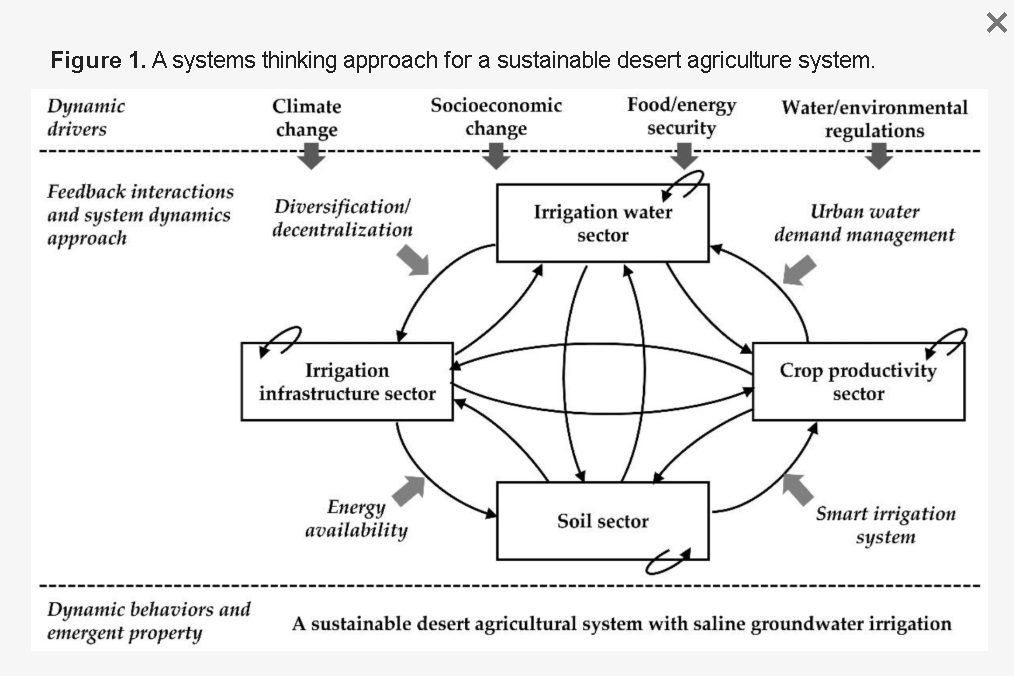
Systems Thinking for Planning Sustainable Desert Agriculture Systems with Saline Groundwater Irrigation: A Review
Agricultural land expansion is a solution to address global food security challenges in the context of climate change. However, the sustainability of expansion in arid countries is difficult because of scarce surface water resources, groundwater salinity, and the health of salt-affected soil. Developing expansion and sustainability plans for agriculture requires systems thinking, considering the complex feedback interactions between saline groundwater, salt-affected soil, plant growth, freshwater mixing with saline groundwater, irrigation systems, and the application of soil amendments to
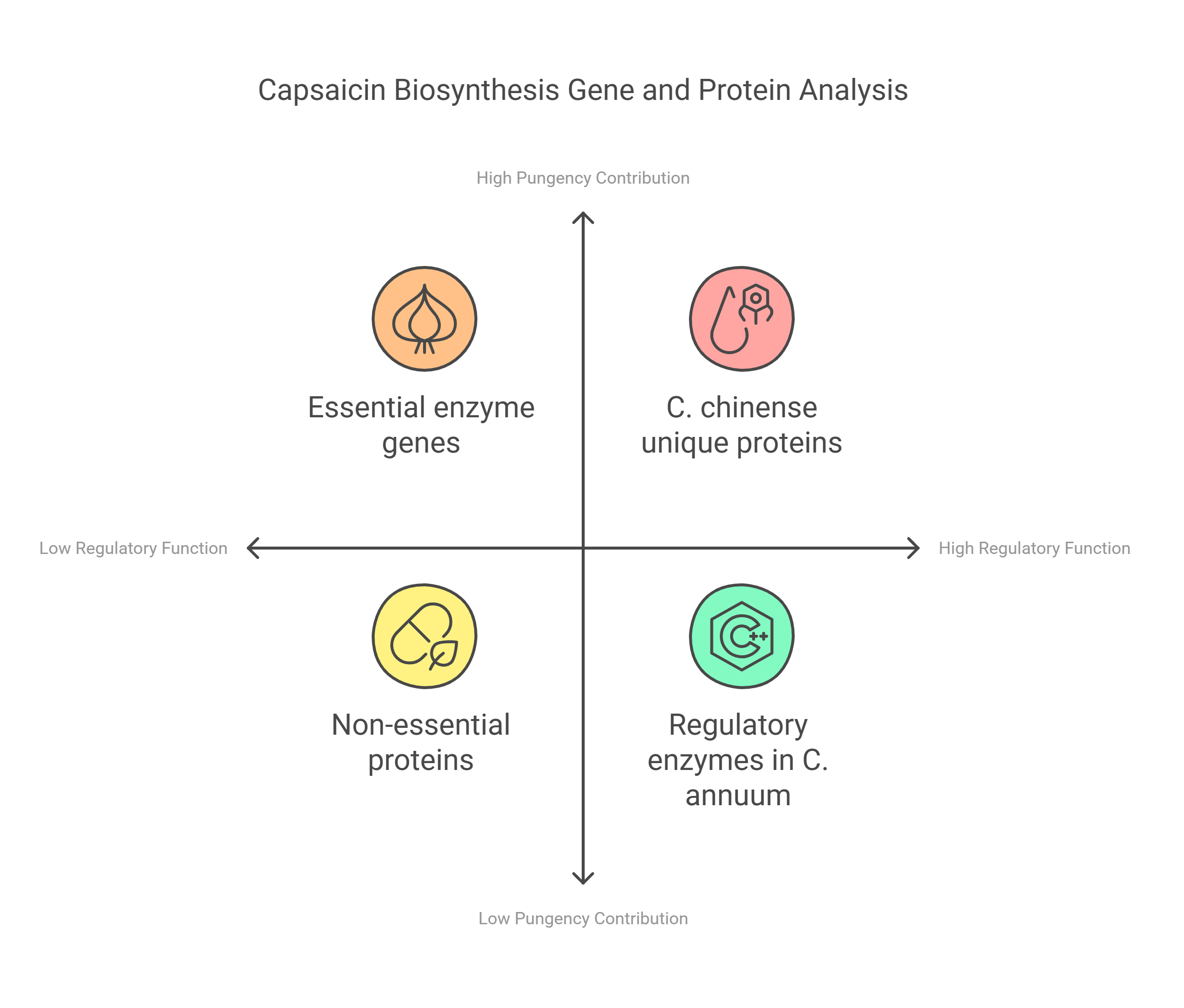
Comparative genomics and proteomics analysis on Capsicum species reveals insights about the capsaicin biosynthesis
Capsaicin is the primary capsaicinoid compound responsible for the spiciness of chilli peppers. Several known and unknown genes synthesize capsaicin through various metabolic pathways, such as the phenylpropanoid or the L-valine metabolism pathways. We conducted comprehensive comparative genomics and proteomics analyses to identify genes and proteins associated with the capsaicin pathway in Capsicum chinense, Capsicum baccatum and the two C.annuum cultivars, CM334 and ECW. A BLAST search against the NCBI database identified 26 and 58 enzyme genes and proteins, respectively. These enzyme genes
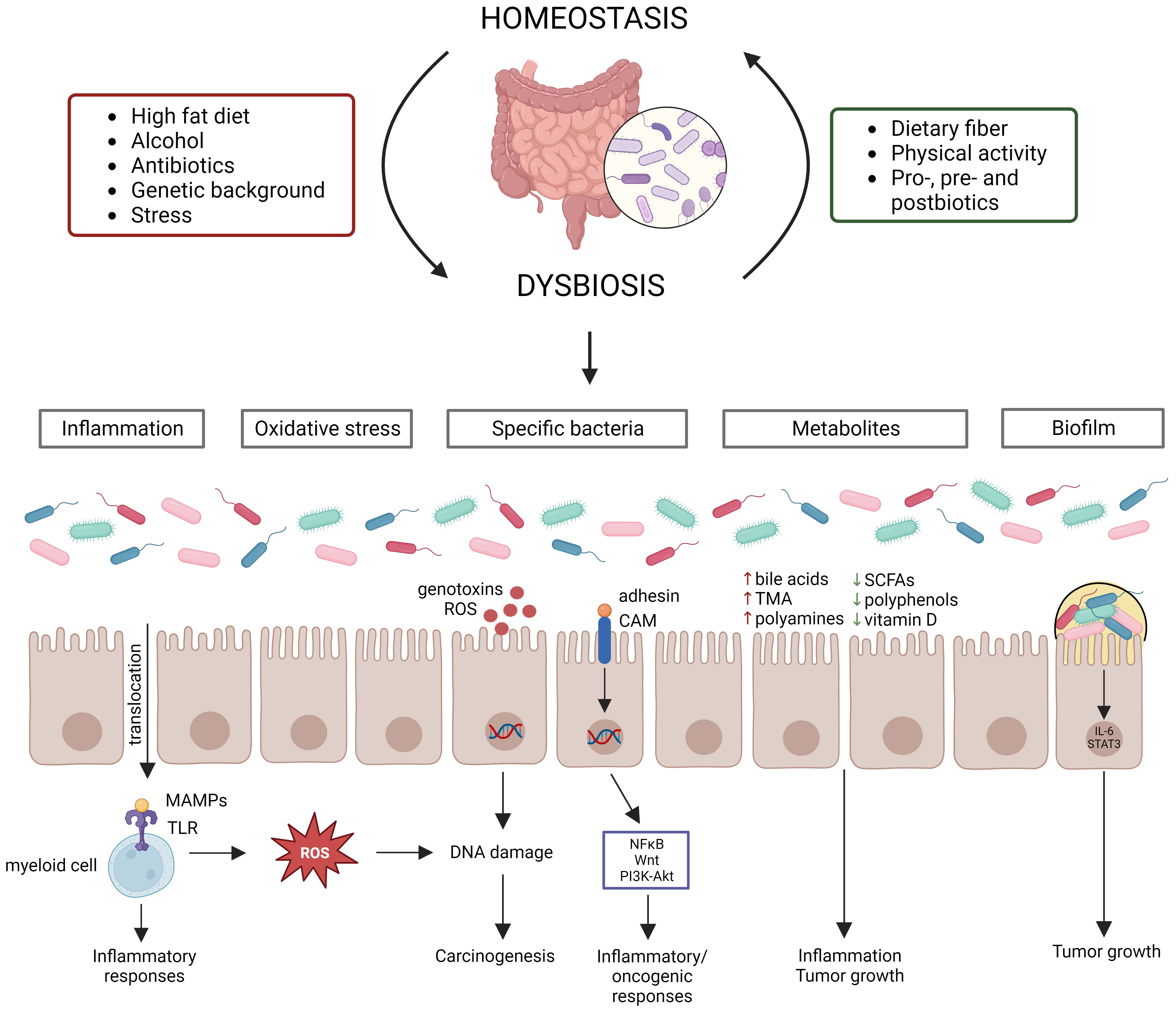
Dissecting the role of the gut microbiome and fecal microbiota transplantation in radio- and immunotherapy treatment of colorectal cancer
Colorectal cancer (CRC) is one of the most commonly diagnosed cancers and poses a major burden on the human health worldwide. At the moment, treatment of CRC consists of surgery in combination with (neo)adjuvant chemotherapy and/or radiotherapy. More recently, immune checkpoint blockers (ICBs) have also been approved for CRC treatment. In addition, recent studies have shown that radiotherapy and ICBs act synergistically, with radiotherapy stimulating the immune system that is activated by ICBs. However, both treatments are also associated with severe toxicity and efficacy issues, which can
Clay chips and beads capture in situ barley root microbiota and facilitate in vitro long-term preservation of microbial strains
Capturing the diverse microbiota from healthy and/or stress resilient plants for further preservation and transfer to unproductive and pathogen overloaded soils, might be a tool to restore disturbed plant-microbe interactions. Here, we introduce Aswan Pink Clay as a low-cost technology for capturing and storing the living root microbiota. Clay chips were incorporated into the growth milieu of barley plants and developed under gnotobiotic conditions, to capture and host the rhizospheric microbiota. Afterward, it was tested by both a culture-independent (16S rRNA gene metabarcoding) and
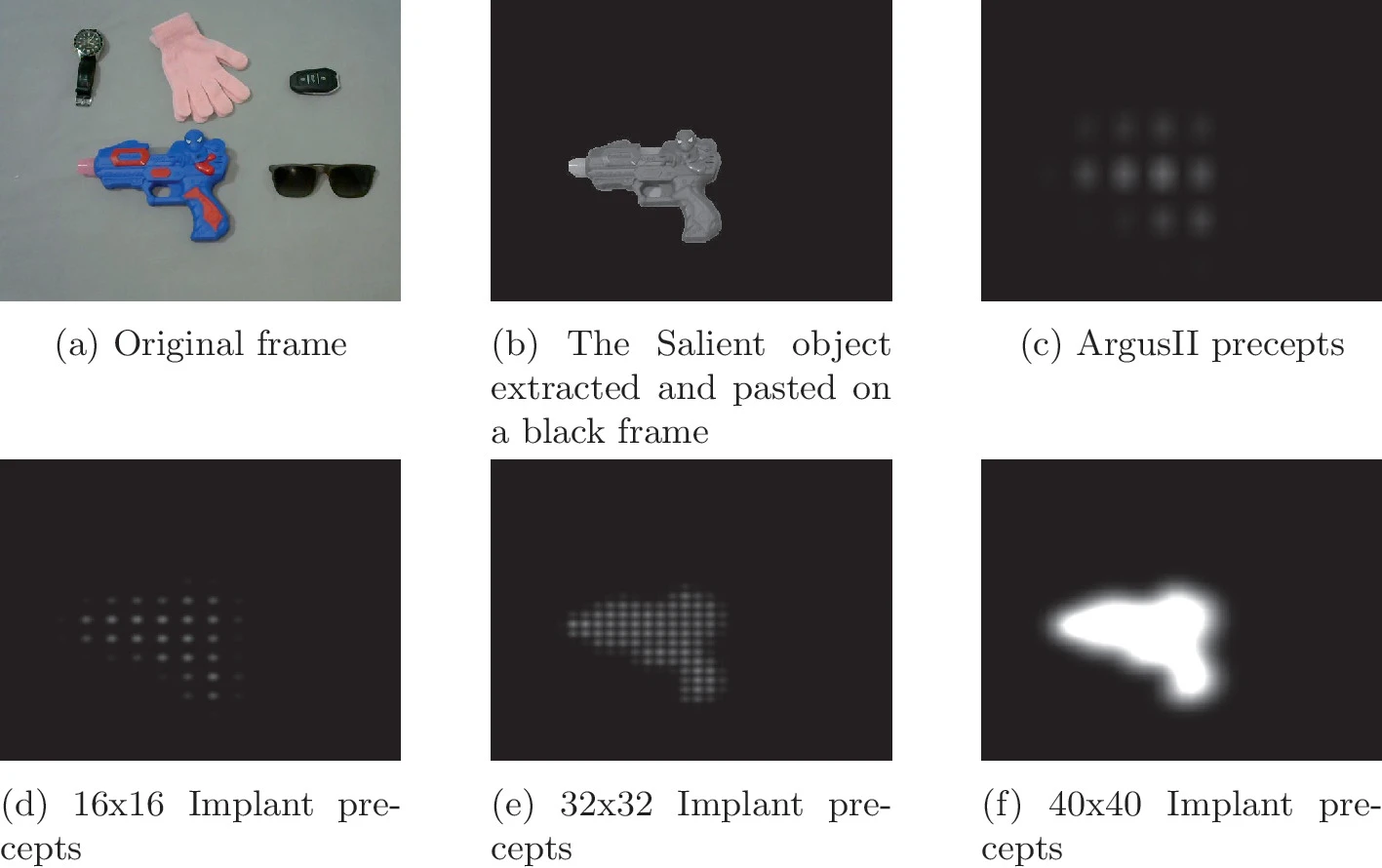
Smart Saliency Detection for Prosthetic Vision
People with visual impairments often have difficulty locating misplaced objects. This can be a major barrier to their independence and quality of life. Retinal prostheses can restore some vision to people with severe vision loss. We introduce a novel real-time system for locating any misplaced objects for people with visual impairments using retinal prostheses. The system combines One For All (OFA) for Visual Grounding and Google Speech Recognition to identify the object to be located. It then uses an image processing technique called grabCut to extract the object from the background to